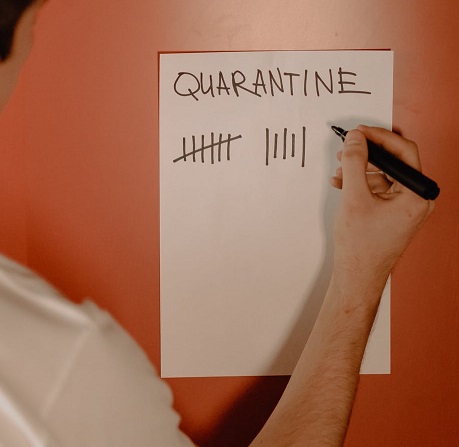As Myanmar works to contain COVID-19, authorities have sentenced more than 500 people to jail. The offenders have been charged with violating nightly curfews, stay-at-home orders, bans on gatherings of five or more and other lockdown measures introduced in March. Sentences range from one month to one year. The majority of the charges fall under article 188 of the penal code, which forbids “disobedience to [an] order duly promulgated by [a] public servant.”
Human Rights Watch has condemned the mass-incarcerations as excessive and dangerous for public health. “Limiting public health risks through social distancing is crucial, but jailing people for being outside at night just adds to everybody’s risk,” said Phil Robertson, deputy Asia director at Human Rights Watch. “Throwing hundreds behind bars in crowded, unhygienic prisons defeats the purpose of containing the spread of COVID-19. Furthermore, in its April briefing on COVID-19, the United Nations urged nations against overly aggressive enforcement of its containment measures. “Heavy-handed security responses undermine the health response and can exacerbate existing threats to peace and security or create new ones. The best response is one that aims to respond proportionately to immediate threats whilst protecting human rights under the rule of law,” the report said.
Amid the wave of arrests, some high profile cases have emerged. A well known Christian preacher made headlines this week when a judge denied him bail as he awaits trial for holding an allegedly illegal prayer service. Health officials claimed to have linked 71 COVID-19 cases to the event, including famous musician Myo Gyi.


